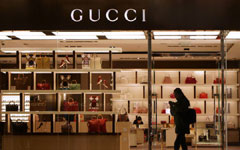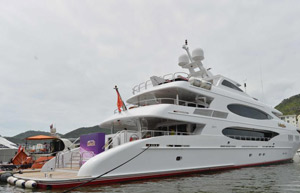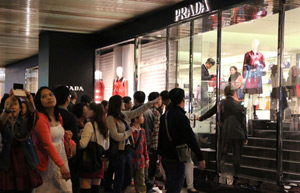Private consumption of luxury items is, however, less well understood. According to my ongoing consumer research in this area, it is "self-reward" that lies behind consumer motivation in this area.
Chinese consumers who have experienced rapid financial and economic gains appear particularly prone to the need to reward themselves for their success. But this has little to do with "gaining face" and impressing others and much more to do with the need for personal contentment.
|
 |
|
 |
Private consumption of luxury items is often a far more rational, planned and, therefore, deliberate process.
In consequence, it is imperative that tangible product features and attributes are central to any marketing campaign and that exciting emotional associations do not dominate.
The spectacular growth of high-quality red wine consumption by the Chinese probably has a lot to do with perceived health benefits, for example, in combination with typical emotional associations such as prestige and sophistication.
Luxury jets are also probably acquired for their immediate, rational rewards such as convenience and speed.
Private consumption of luxury items in China is also likely to represent a more calm and reflective experience, in comparison with the excitement and frivolity often key to public consumption.
As a result, celebrity endorsement and profligate use of bright, ostentatious colors should play little part in any private luxury building of brands in China.
Finally, the growth in private luxury consumption in China is set to continue in part due to the maturity of the Chinese consumer and advancement of Chinese consumer culture generally.
The author is a visiting professor at the University of International Business and Economics in Beijing and a senior lecturer on marketing at Southampton Solent University's School of Business. The views do not necessarily reflect those of China Daily.
|
 |
 |
| $4.8m yacht revealed at luxury lifestyle show | Is the shine gone from luxury goods? |
